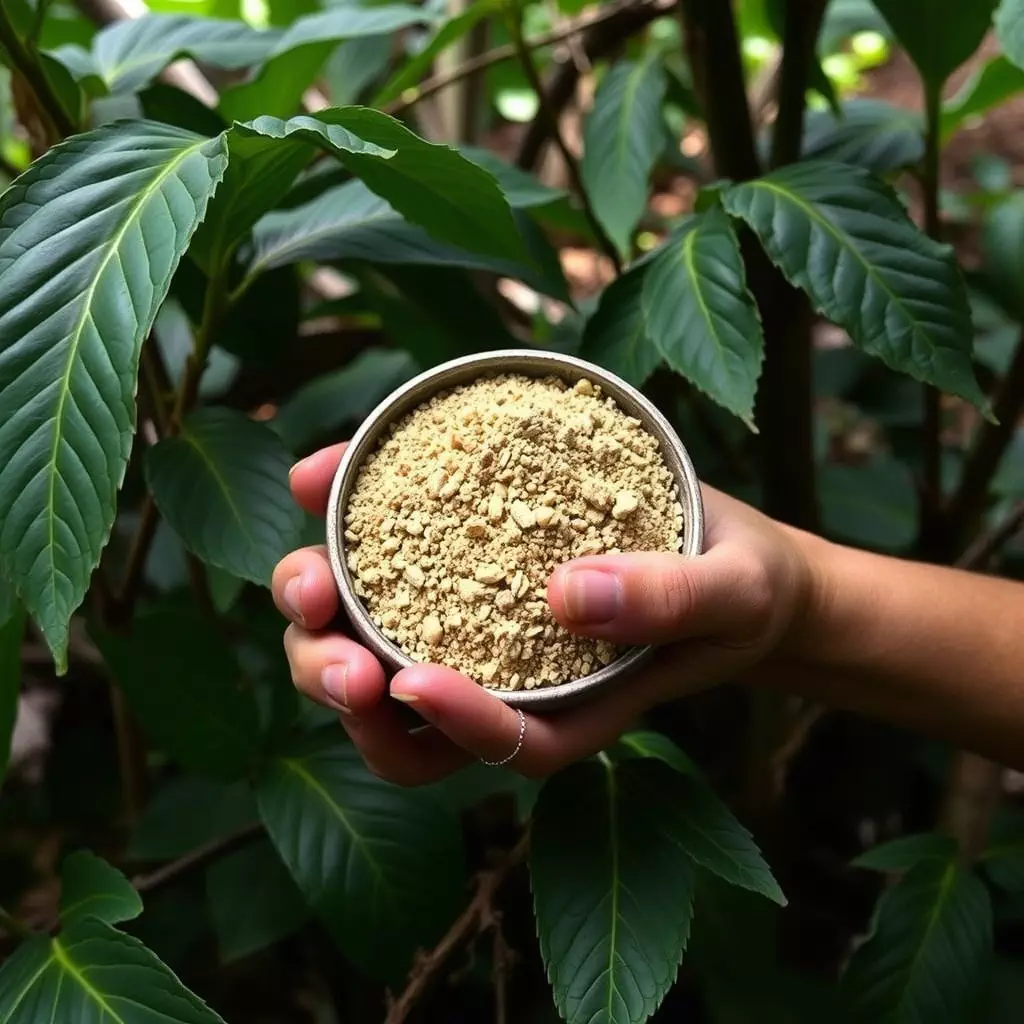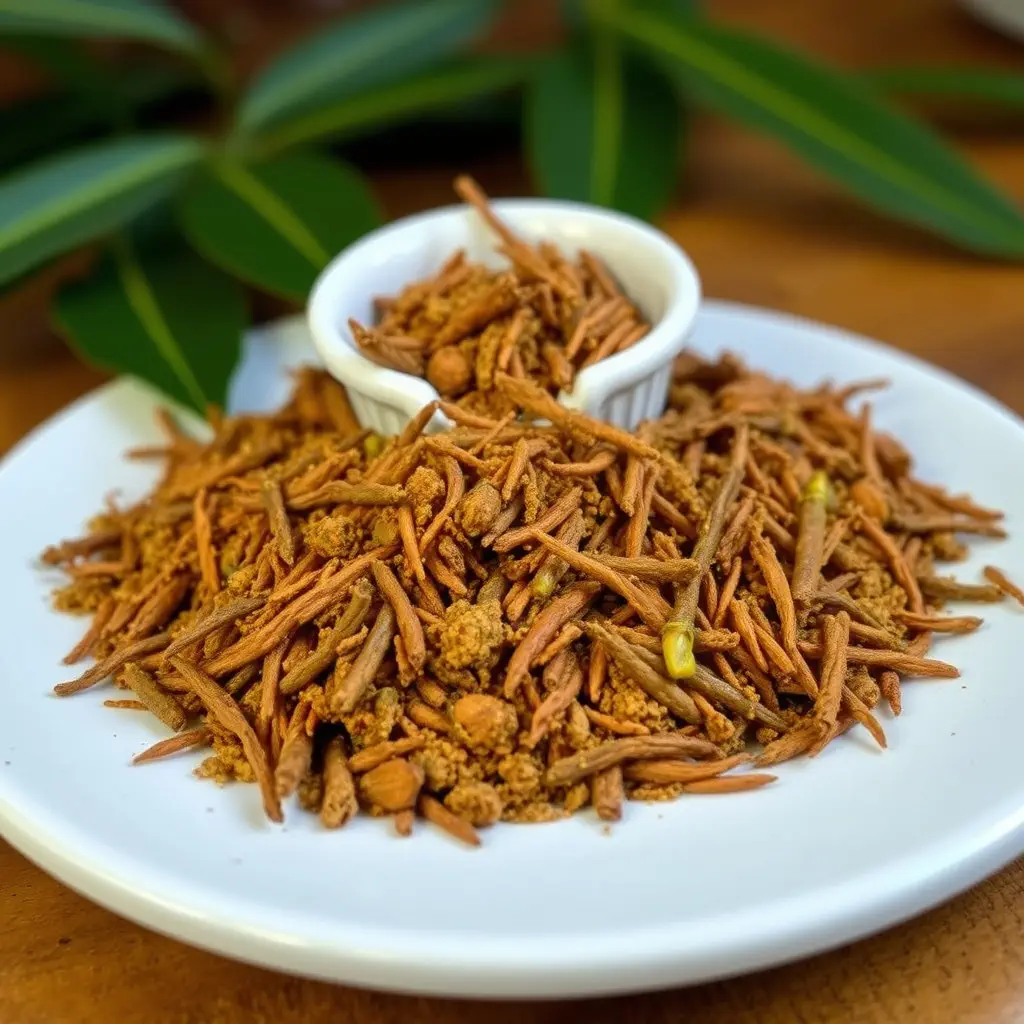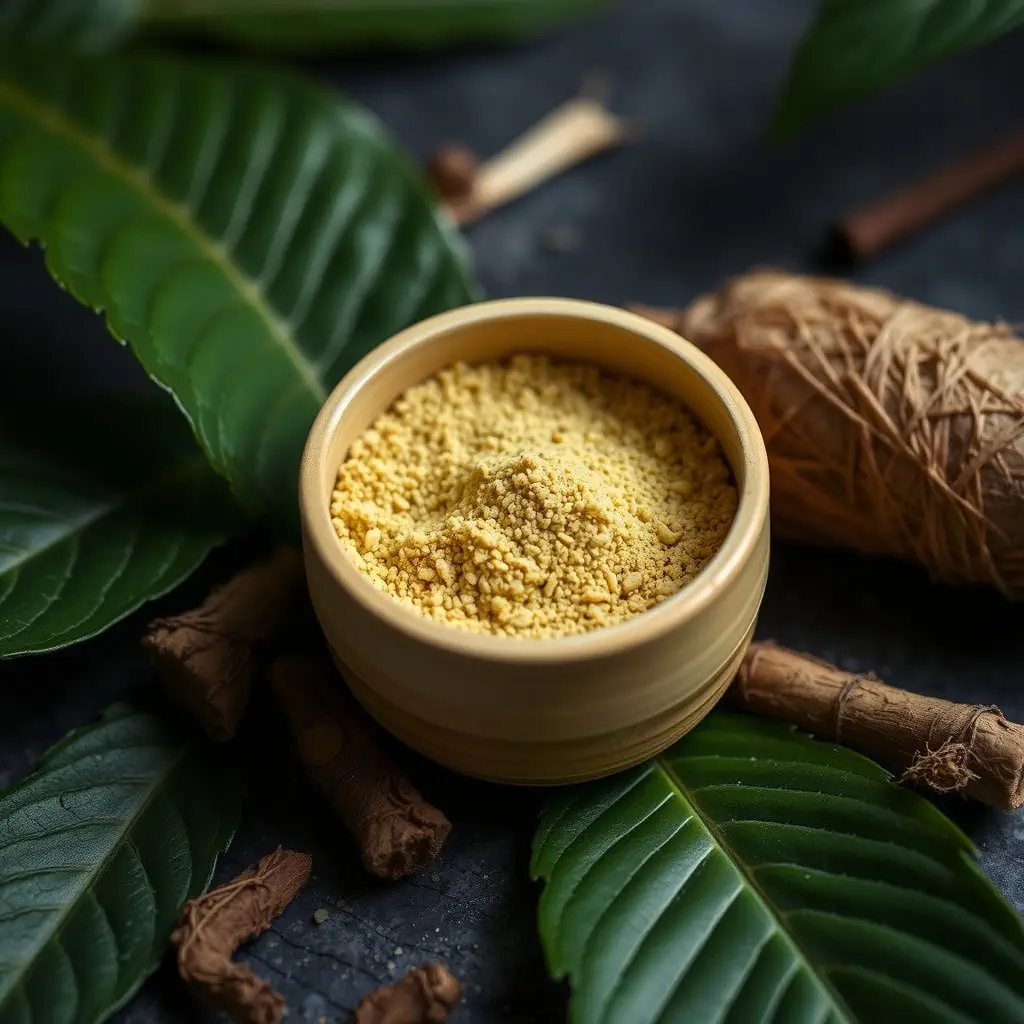Kratom, a plant from Southeast Asia containing alkaloids like mitragynine and 7-hydroxymitragynine, has been associated with potential benefits for managing anxiety. While some individuals report positive effects on mood and stress relief, the scientific understanding of kratom's impact on anxiety is still developing, with responses varying greatly among users. It's important to approach kratom with caution due to its inconsistent legal status, potential for adverse effects, and the risk of increased anxiety or dependence. Healthcare professionals should guide any consideration of kratom as a treatment for anxiety, given the need for careful management of interactions with other substances and medications. The evidence supporting kratom's efficacy for anxiety is mixed, highlighting the necessity for further research to fully understand its effects and risks. Users are advised to consult healthcare providers before using kratom and to be aware of the different strains and their varying effects. A balanced and informed approach is key when exploring kratom as a natural remedy for anxiety symptoms, with a focus on individual responses and safe usage practices.
Exploring the potential of kratom as a natural remedy for managing anxiety, this article delves into its interaction with anxiety disorders. We will unravel the scientific mechanisms behind kratom’s effects on anxiety symptoms and offer practical tips for its responsible use. Kratom for anxiety: a holistic approach to finding relief from the grip of anxiousness. Join us as we navigate the complex relationship between this botanical substance and the mental health landscape.
- Understanding Kratom's Interaction with Anxiety Disorders
- The Science Behind Kratom and Its Effects on Anxiety Symptoms
- Practical Tips for Using Kratom to Manage Anxiety Responsibly
Understanding Kratom's Interaction with Anxiety Disorders

Mitigoma, commonly known as kratom, is a plant native to Southeast Asia that has garnered attention in various circles for its potential impact on mood and stress-related conditions. Its leaves contain alkaloids such as mitragynine and 7-hydroxymitragynine, which are believed to influence the brain’s opioid receptors, potentially offering relief from anxiety disorders. The interaction between kratom and anxiety is complex and not fully understood; however, anecdotal evidence and some research suggest that certain strains of kratom may provide a modulating effect on anxious feelings. Users have reported varying degrees of anxiety reduction, with some experiencing a calming sensation that helps to alleviate symptoms associated with anxiety disorders.
It is important to approach the use of kratom for anxiety with caution, as individual responses can vary widely. While some may find relief, others might experience increased anxiety or side effects. The legal status of kratom also varies by region, and it is subject to regulation by health authorities. Given its potential efficacy and the need for further research, individuals considering kratom as an option for managing anxiety should do so under informed guidance, preferably in consultation with a healthcare provider. This is particularly crucial due to the possibility of interactions with other substances or medications and the risk of dependence or adverse effects. Understanding kratom’s interaction with anxiety disorders requires a careful consideration of the available evidence, personal experiences, and professional advice.
The Science Behind Kratom and Its Effects on Anxiety Symptoms

Kratom, a tropical evergreen tree native to Southeast Asia, has garnered attention in various health discussions, particularly concerning its potential impact on anxiety symptoms. The alkaloids found within kratom leaves, primarily mitragynine and 7-hydroxymitragynine, are believed to interact with the brain’s opioid receptors, which can influence mood and pain perception. While research is still evolving, preliminary studies suggest that kratom may offer anxiolytic effects, helping to alleviate feelings of anxiety and stress. Users report a range of sensations from stimulating to sedative, depending on the dosage and strain, which can influence its use for managing anxiety symptoms. It’s important to note that while some individuals report positive outcomes, the scientific community remains divided on the efficacy and safety of kratom for this purpose. The FDA has issued warnings about the potential dangers of kratom, including the risk of addiction, side effects, and interactions with other substances. Therefore, anyone considering kratom as a treatment for anxiety should approach it with caution, ideally under the guidance of a healthcare professional, to navigate its complex effects and potential risks.
Practical Tips for Using Kratom to Manage Anxiety Responsibly

When exploring the use of kratom for anxiety, it is crucial to approach its consumption with both caution and knowledge. Kratom, derived from the leaves of the Mitragyna speciosa tree, has been reported by some individuals to offer relaxing effects that may help alleviate symptoms of anxiety. To harness the potential benefits of kratom responsibly for anxiety management, it is essential to consider dosage, strain selection, and personal tolerance levels. For instance, strains such as Bali or Indo are often favored for their calming properties, whereas other strains like Maeng Da may provide a more invigorating effect, which could be counterproductive for managing anxiety. It is advisable to start with a low dose and gradually increase it while monitoring your body’s response. Consistency in dosing can help establish a baseline understanding of how kratom affects you personally. Additionally, timing your intake carefully, perhaps during moments of lower stress or in conjunction with relaxation techniques like deep breathing or meditation, can enhance its calming effects and mitigate the risk of anxiety escalation. Always prioritize consulting with a healthcare provider before integrating kratom into your wellness routine, as it can interact with other medications and may not be suitable for everyone due to individual health considerations. Regular monitoring of both your mental well-being and physical health is key when using kratom for anxiety, ensuring that you maintain a responsible approach to its use.
Kratom has emerged as a subject of interest in the realm of alternative treatments for managing anxiety symptoms. This article has shed light on how Kratom interacts with anxiety disorders, delving into the scientific underpinnings that explain its effects on anxiety. It is clear that while Kratom may offer relief to some individuals, its use must be approached with caution and responsibility. The practical tips provided aim to guide those interested in exploring Kratom as an option for anxiety management. In conclusion, the potential of Kratom for anxiety warrants further research and careful consideration by both patients and healthcare providers to ensure safe and effective application within treatment plans.






